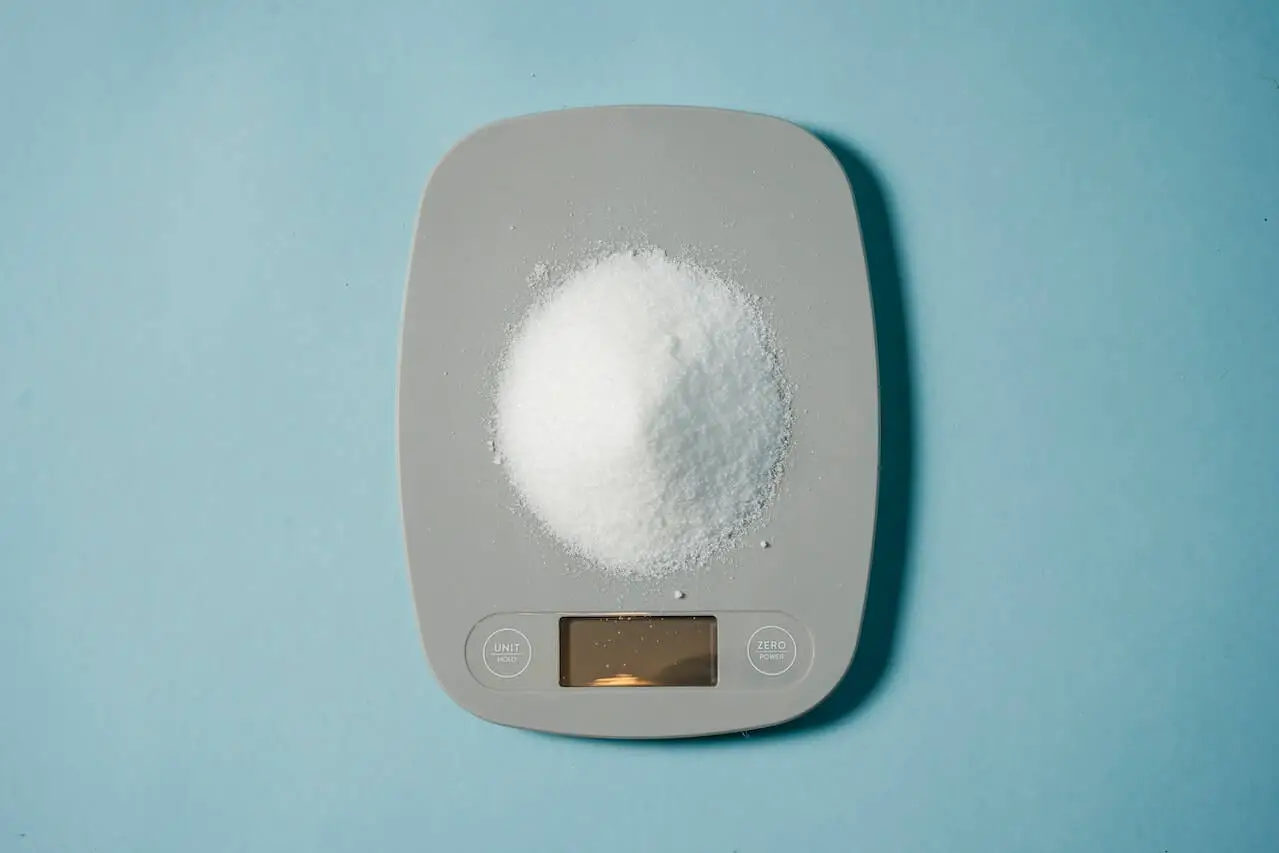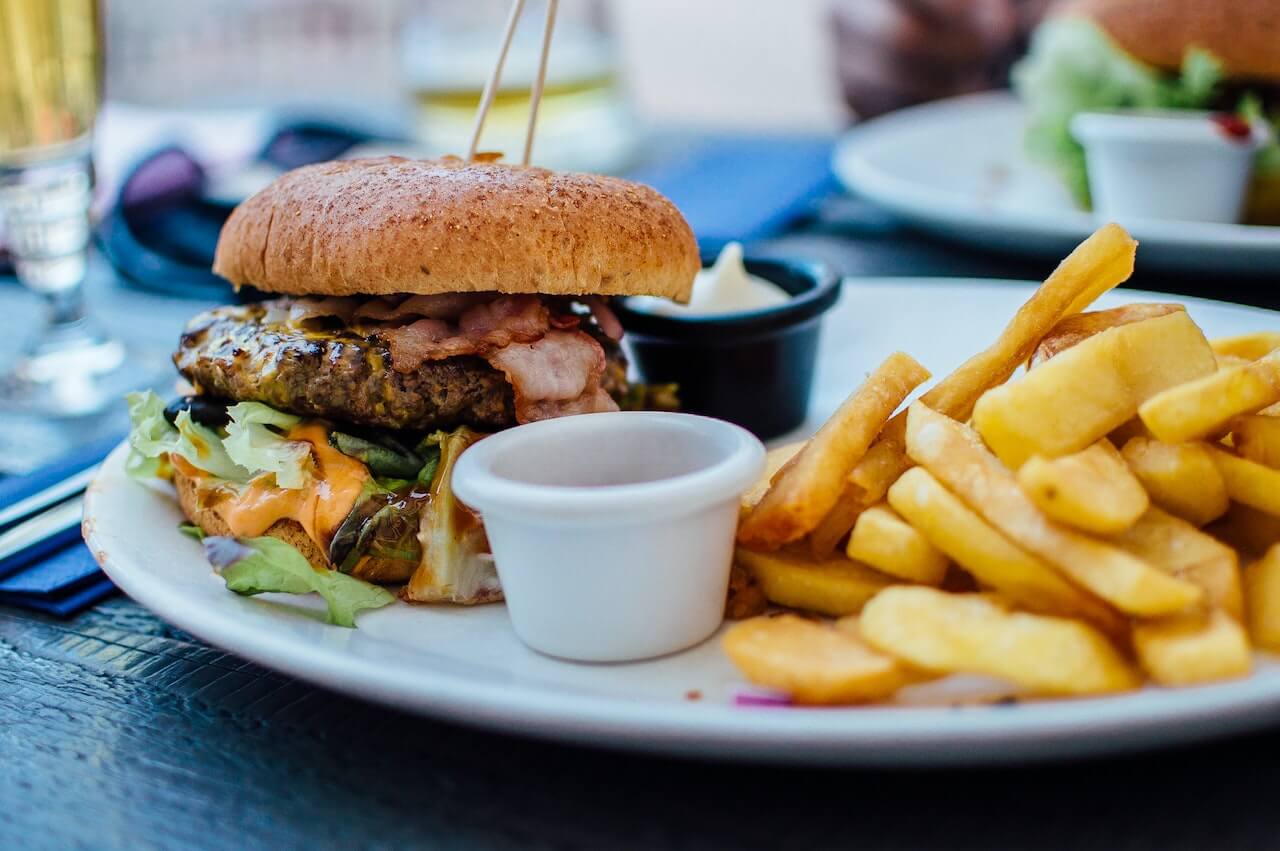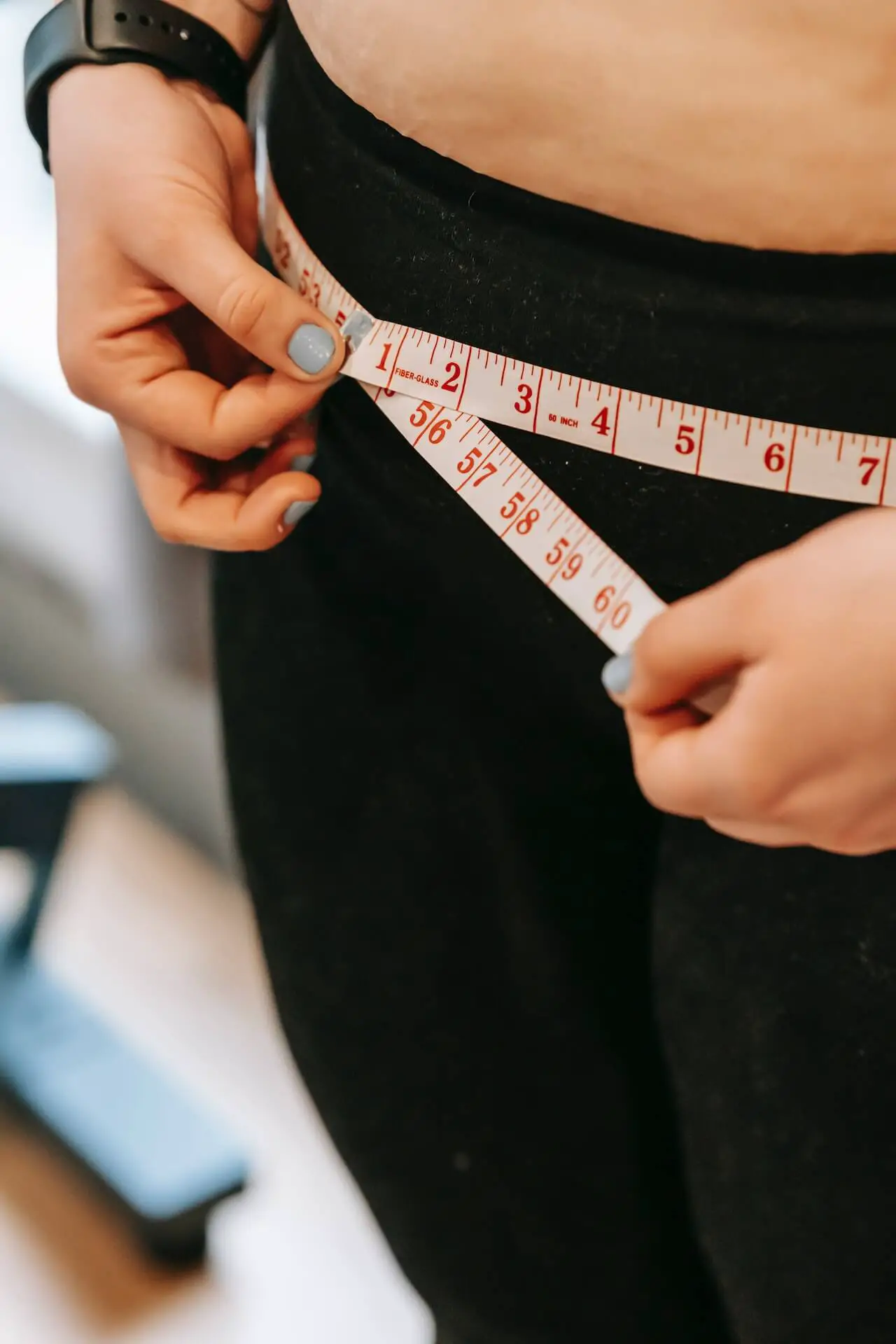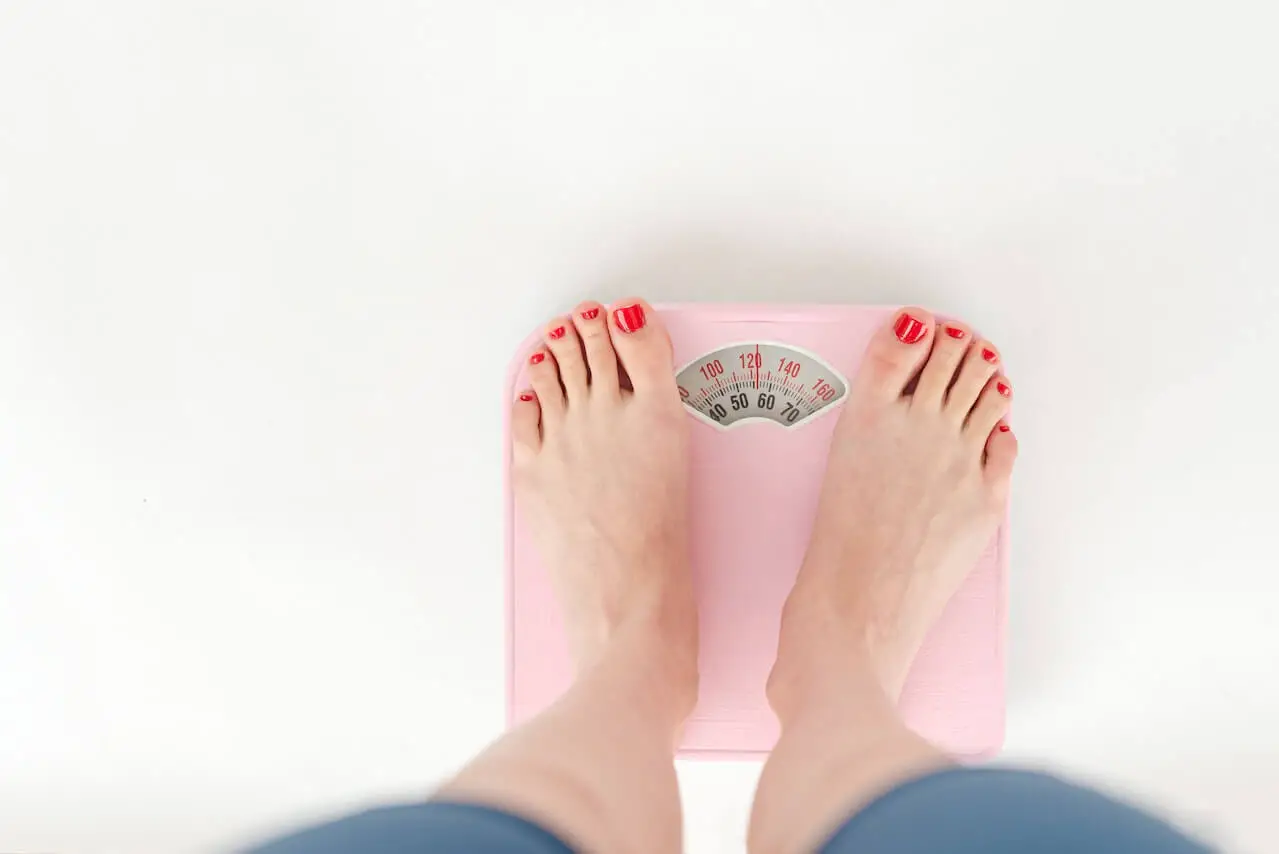Are you not seeing the weight loss results you want despite swimming regularly? It’s not uncommon for people to struggle with weight loss despite their best efforts, and swimming is no exception.
There could be several reasons why you’re not losing weight even though you’re swimming regularly, but at the end of the day it means you are not burning as many calories as you think you are. You may not be swimming long or hard enough, you may be eating more calories than you can burn off, or you may have a legitimate medical condition that is preventing you from losing weight.
The most common reason one makes these mistakes is inaccurate calorie tracking. While swimming can certainly help you burn calories, it’s important to remember that weight loss ultimately comes down to burning more calories than you consume.
If you don’t want to make these mistakes, keep reading on and we’ll go over the common pitfalls swimmers make to not lose weight and how to avoid them.
Possible Reasons for Not Losing Weight While Swimming
Swimming is a great way to stay fit and healthy. It is a low-impact exercise that is easy on the joints and can help you burn calories. However, if you are not seeing any weight loss results from swimming, there could be several reasons for it:
- You are not swimming enough: Swimming is a great exercise, but it may not be enough to lose weight if you are not doing it frequently or long enough. Try to swim for at least 30 minutes a day, 4-5 days a week to see results. You can also swim on fewer days but for one hour long sessions.
- You are not pushing yourself: If you are not challenging yourself during your swim workouts, you may not be burning enough calories to lose weight. Try to increase the intensity of your swim workouts by adding intervals, limiting rest times, or trying different strokes.
- You are not eating a healthy diet: Swimming alone may not be enough to lose weight if you reward yourself with McDonald’s afterwards. Make sure you are eating a balanced diet that includes plenty of fruits, vegetables, lean protein, and whole grains.
- You are not tracking your progress: If you are not tracking your progress, you may not be aware of your calorie intake or the number of calories you are burning during your swim workouts. Try to keep a food journal and use a fitness tracker to monitor your calorie intake and expenditure.
Let’s discuss these topics in more detail below.
Inaccurate Calorie Counting

One of the most common reasons why people fail to lose weight despite swimming regularly is inaccurate calorie counting. Swimming is a great form of exercise that can help you burn a lot of calories, but if you’re not keeping track of your calorie intake and expenditure accurately, you may not be creating the calorie deficit that’s necessary for weight loss.
It’s important to remember that the number of calories you burn while swimming can vary depending on several factors, including your weight, the intensity of your swim, and the stroke you’re using.
For example, a person who weighs 155 pounds can burn around 372 calories in 30 minutes of moderate-intensity breaststroke swimming, while a person who weighs 185 pounds can burn around 444 calories in the same amount of time and activity.
However, many people tend to overestimate the number of calories they burn while swimming and underestimate the number of calories they consume. This can lead to a situation where you’re not actually creating a calorie deficit, which is necessary for weight loss.
To avoid inaccurate calorie counting, it’s important to use a reliable method to track your calorie intake and expenditure. You can use a food diary or a calorie-tracking app to monitor your calorie intake, and a heart rate monitor or a fitness tracker to track the number of calories you burn during your swim. This will help you get a more accurate idea of your calorie balance and make adjustments if necessary.
Overcompensation

Swimming is a great exercise that can help you lose weight, but it’s not a magic bullet. In some cases, swimming may actually cause you to gain weight or prevent you from losing weight. One reason for this is overcompensation.
When you swim, you burn calories and build muscle, which is great for weight loss. However, some people may overcompensate for the calories they burn during swimming by eating more than they should. For example, if you swim for an hour and burn 500 calories, but then eat an extra 500 calories (often more) because you feel like you’ve earned it, you won’t lose any weight.
Overcompensation can also happen in other ways. For example, you may feel particularly tired and hungry after a specific swimming session, so you end up binge eating. Or you may feel like you’ve done enough exercise for the day, so you skip your other workouts or become less active throughout the day.
To avoid overcompensation, it’s important to be mindful of your diet and exercise habits. Keep track of what you eat and how much you exercise, and try to create a calorie deficit by burning more calories than you consume. You can also try to balance your swimming with other types of exercise, such as strength training or cardio, to prevent boredom and keep your body challenged.
Lack of Intensity

Swimming is a great exercise for weight loss, but it may not be enough on its own. One common reason why people don’t lose weight even though they are swimming is a lack of intensity. Swimming at a leisurely pace may not burn enough calories to create a calorie deficit, which is necessary for weight loss.
According to Harvard Health Publishing, a 155-pound person can burn around 400 calories in an hour of low to moderate intensity swimming. However, this number can vary depending on factors such as stroke, speed, and body composition. To increase the intensity of your swim workout, you can try:
- Interval training: Alternate between high-intensity and low-intensity swimming to increase calorie burn. For instance, alternating between swimming vigorously for 30 seconds, then swimming leisurely for 60 seconds.
- Adding resistance: Use equipment such as paddles, kickboards, or resistance bands to add resistance to your swim workout.
- Increasing speed: Challenge yourself to swim faster or for longer distances to increase the intensity of your workout. Interval training is one such way to do this, but you can also just try swimming faster in general.
It’s also important to note that swimming alone may not be enough to create a significant calorie deficit. To lose weight, you need to create a calorie deficit by burning more calories than you consume. This means that you may need to adjust your diet and incorporate other forms of exercise in addition to swimming to see results.
Inadequate Nutrition

Swimming is a great way to burn calories and lose weight, but it’s only part of the equation.
Two common adages in the fitness community are:
- You can’t outwork a bad diet.
- Abs are made in the kitchen.
Both are really saying the same thing.
In order to lose weight, you need to create a calorie deficit, which means burning more calories than you consume. While swimming can certainly help you burn calories, if you’re not eating a healthy, balanced diet, you may not see the results you’re looking for.
One common mistake people make when trying to lose weight is drastically cutting calories without paying attention to the quality of the food they’re eating. While it’s true that you need to consume fewer calories than you burn in order to lose weight, if you’re not getting enough nutrients, you may actually be hindering your weight loss efforts.
Another issue that can arise when trying to lose weight is underfueling your body for exercise. If you’re not eating enough to support your swimming workouts, you may not have the energy you need to perform at your best, and you may even be more likely to overeat later in the day.
Here are some tips to ensure you’re getting adequate nutrition while trying to lose weight:
- Eat a variety of nutrient-dense foods, including fruits, vegetables, lean proteins, and whole grains
- Focus on getting enough protein to support your workouts and help you feel full
- Don’t drastically cut calories – aim for a moderate calorie deficit of around 300-500 calories per day
- Make sure you’re eating enough to support your workouts – consider working with a registered dietitian to determine your calorie needs
Remember, weight loss is a journey, and it’s important to be patient and consistent with your efforts. By fueling your body with the right nutrients and creating a moderate calorie deficit, you can achieve your weight loss goals and enjoy the many benefits of swimming.
Medical Conditions That Can Affect Weight Loss
While swimming is an excellent form of exercise, it may not always lead to weight loss. Certain medical conditions can affect weight loss, even for those who are actively swimming. Here are some medical conditions that may be hindering your weight loss progress:
| Medical Condition | Description |
| Hypothyroidism | This condition occurs when the thyroid gland does not produce enough hormones. This can lead to a slower metabolism, making it harder to lose weight. |
| Polycystic Ovary Syndrome (PCOS) | PCOS is a hormonal disorder that affects women. It can cause weight gain, insulin resistance, and difficulty losing weight. |
| Diabetes | People with diabetes may struggle with weight loss due to insulin resistance and high blood sugar levels. |
| Cushing’s Syndrome | This rare disorder occurs when the body produces too much cortisol. This can lead to weight gain, especially in the face, neck, and abdomen. |
If you suspect that you have one of these medical conditions, it is important to speak with your doctor. They may recommend medication or other treatments to help manage your condition and promote weight loss.
It is also important to note that certain medications can also affect weight loss. For example, antidepressants and steroids may cause weight gain or make it harder to lose weight. If you are taking medication and struggling with weight loss, talk to your doctor about possible alternatives.
Be Patient and Consistent

Maybe you are not doing anything wrong but you’ve convinced yourself you are. A common mistake beginners make when starting their weight loss journey is obsessing over their weight on a daily basis.
They think that if the number on the scale isn’t constantly going downwards every single day, that they have done something wrong. I can speak from personal experience that weight loss is not linear.
There are days when the number on the scale stays the same or increases despite me being in a caloric deficit (confirmed by obsessive daily calorie tracking). There are many reasons for this.
One, if you don’t have a digital scale, then it is very easy for its calibration to be off. Make sure it’s properly calibrated each time you use it. I recommend weighing yourself 3-5 times and then taking the average weight.
Two, it could be due to changes in your diet. For example, if you ate a lot of sodium the day prior, your body may retain an excess amount of fluids which is a common side effect. Drink plenty of water and you’ll urinate it all out.
Three, you may not be weighing yourself under equal circumstances. The best practice is to weigh yourself in the morning in your underwear, after you’ve used the washroom, and before you had the chance to eat or drink anything. If you are weighing yourself at night instead of the morning, with clothes on instead of off, there could be as much as a 5-10 pound difference in weight compared to the best practice.
Four, weight loss seems to happen in spurts. I’ve had the scale stubbornly read the same weight for multiple weeks straight even though I’ve done everything right in terms of exercise and nutrition. Then suddenly, on the fourth week, the scale said I was 5 lb lighter. The weight loss was still happening behind the scenes, it just took a month for it to show up on the scale.
All of this advice can basically be boiled down to: be patient and consistent. If you know you’re doing everything right, keep it up and you will lose weight from swimming and dieting eventually.

